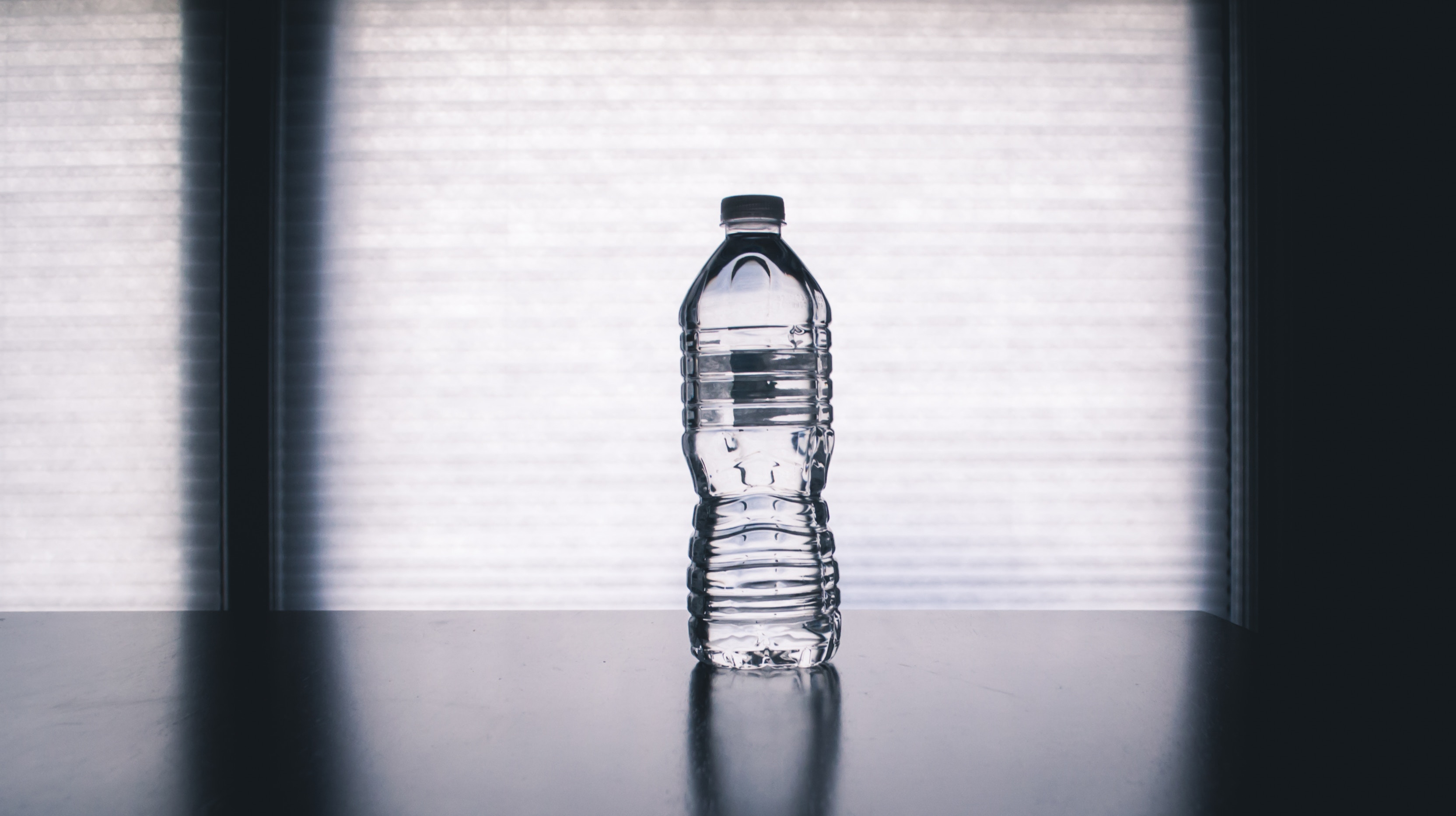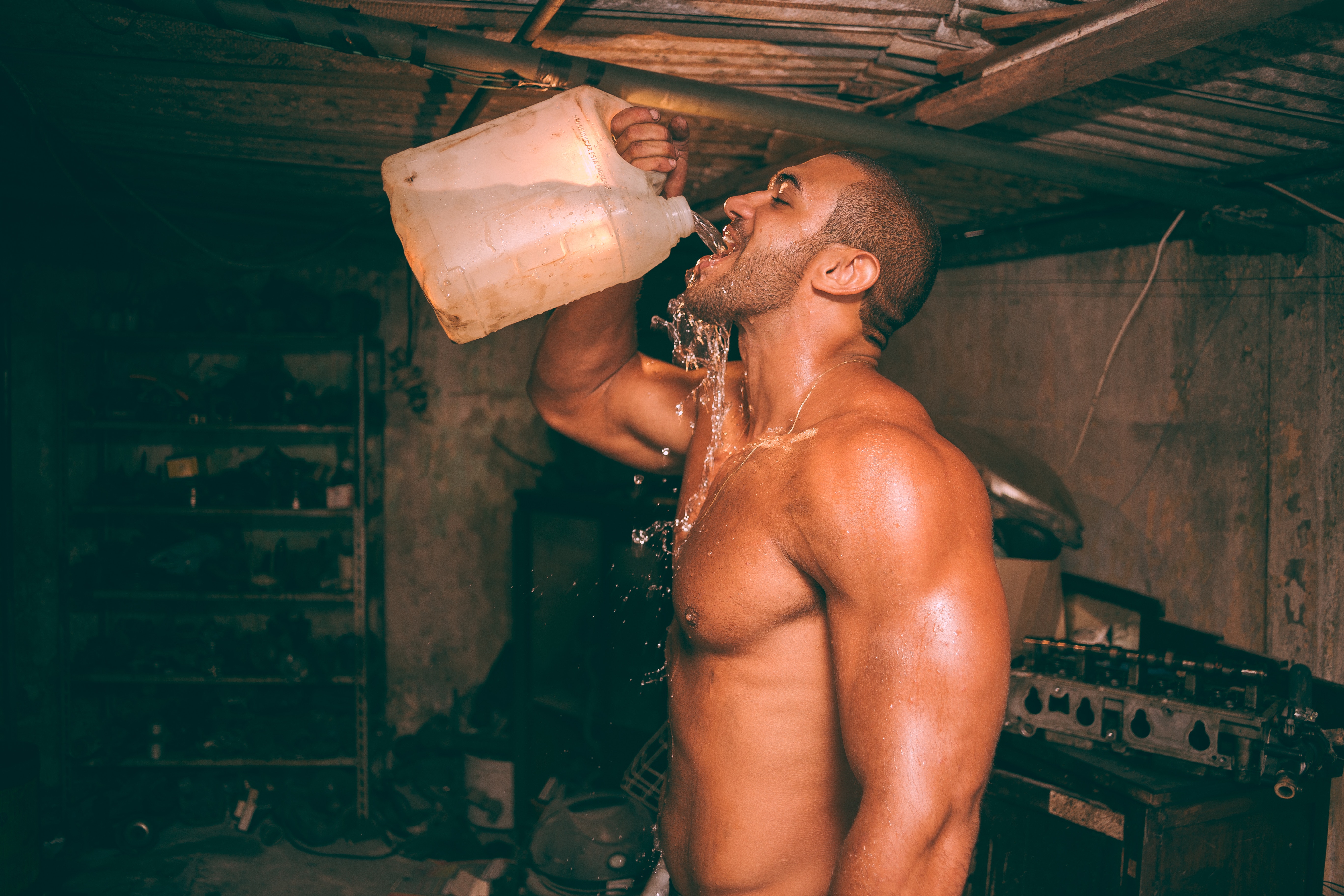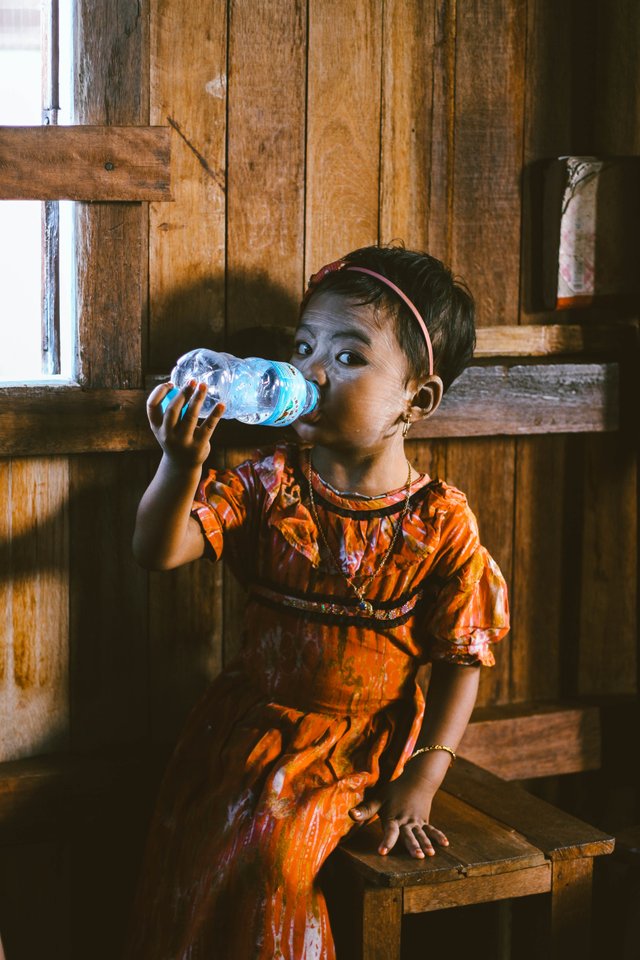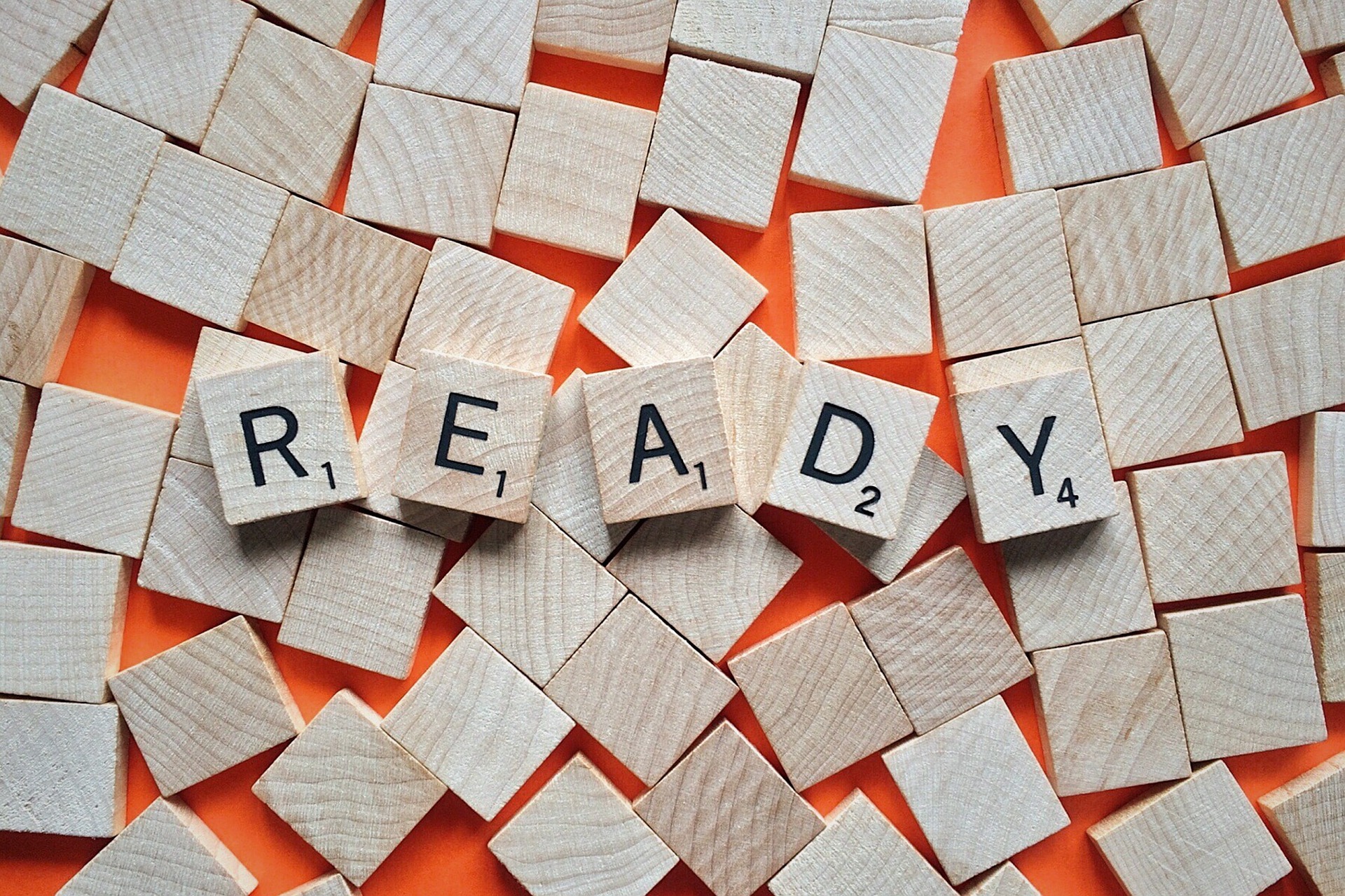To be prepared during an emergency, there are basic resources you need to have on hand and you need to have a lot of it. Water should be at the top of this list. But, depending on your living situation, storing enough water for a long-term event can be an issue. If you couldn't get any water from your faucet, what would you do? Even if you can store a large supply of water, eventually you will run out. So, you not only need to have an adequate supply of water where you live, you also need to know where to find water for the eventuality of running out. Identifying and mapping out these water sources will not only save you critical time and energy when the time comes but having multiple locations to find water could be the difference between life and death.

When it comes to finding water, there are many options that come to mind. You need to think about your local environment and determine what's best for you. In many locations, there will be similarities and in others a lot of differences. The list below is just a few that make the most sense for me. You can use them as sample water sources that might exist in your area or they might give you a better idea of what to look for. Once you start creating your list, you need to plot each water source on a physical map so when it's time, you can grab your map and get there quickly. And, unless there is a tremendous supply in your area, like a lake, you might consider hitting your water sources quickly, probably well before you run out. If you don't, you take the catch of not getting their soon enough before others do. Please remember, no matter where you get your water, unless you know for sure it is clean, you will need a method to filter or purify it before you use it.

Potential Water Sources
- Lakes - a lake generally provides a large amount of water for a large number of people. You will need to bring along a hand operated pump and enough collection containers to make the trip worth your while because you will be using gas to get there and that might be an issue as well, so don't take a lot of trips, take fewer trips and gather more water each time.
- Streams, Creeks, or Rivers - if you live in a city with streams, creeks, or rivers winding their way through, these can be considered a source of water. If possible, collect water as close to the head of the stream as possible and upstream from any potential runoff sites that might contaminant the water. Also, try to collect water upstream from any walk bridges or other areas where there is a lot of pedestrian traffic. These are areas that are generally more polluted than areas further upstream.
- Community Swimming Pools - in most community or subdivision swimming pools, there are usually hundreds of gallons of water. This was will definitely need to be purified, usually by boiling it to make sure and remove pool chemicals and other potential contaminants, but it’s better than no water at all.
- Retention and Detention Ponds - large businesses, apartment complexes, hospitals, college campuses, and strip malls all use retention or detention ponds to help manage flooding and stormwater runoff. Retention ponds are the better option if you need to find water because they are constructed to filter water before it drains into nearby rivers or streams. If you really need to collect water from a retention pond, find where the water drains out of the pond and into the river or stream, collecting it from as close to this drain as possible. This should be done on the opposite side of the retention pond to make sure the water is filtered before collection. Keep in mind, even though this water is filtered, it is not safe to drink. It will still need to go through further purification before it can be used. Detention ponds, on the other hand, are only made to hold stormwater surge and usually dries up within 24 hours of a storm. For both retention and detention ponds, water is coming from the street drains, parking lots, rooftops, etc. flowing into these ponds in order to prevent flooding of roads, properties, and streams or rivers. Water in a retention pond is somewhat filtered therefore can be used after further purification, but water from detention ponds is very risky and might be highly contaminated. These ponds should be avoided.
- Vending Machines - you might not know this but many people don't consider vending machines outside local businesses. Most vending machines include bottled water as well as other beverages and snacks.
- Nurseries - since these businesses are set up to provide water to plants and flowers, they depend on having water to keep their products growing and healthy. This means they may have automatic generators that kick on for temporary and short-term power outages. Some water may still be flowing.
- Hotels - hotels, like many other businesses can provide many possible options for collecting water. Since they generally restock all rooms with water, there could be a large supply of water on hand. Most hotels also have outdoor (or even indoor) pools which as mentioned above, are great sources of water.
- Convenience Stores or Gas Stations - if there are outdoor water spigots on any convenience store, gas stations, or any other closed or abandoned buildings, give them a try, you might get lucky. Obviously, there is no guarantee so these should not be your first stop unless you can get there quickly. If you can, you might also find water still on shelves but more than likely, these will be picked clean.
- Businesses - there are many businesses that have break rooms, water coolers, etc. Again, there is no guarantee so get there quickly or take a chance when you have to scavenge later.

Now that you know a better idea for what to look for, here are some tips about collecting and storing water.
Storing, Collecting, and Purifying Water
- Always make sure and properly filter and boil water whenever possible. Include a stainless-steel pot or other fireproof container in case you need to boil water over a fire on the go.
- Filtering alone only removes larger contaminants, dirt, and debris from water but it doesn't eliminate all harmful bacteria, organisms, or contaminants. Filters do a great job and if the water you are choosing to drink was not overly contaminated, you can filter alone but in other situations, more purifications might be needed. To be on the safe side and if possible, you should do both.
- Boiling water for 1-3 minutes will remove most of the microscopic bacteria, organisms, and other contaminants but does not remove heavy metals or other harmful contaminants.
- When in doubt, filter, boil, and distill. You can then collect condensation. This will be 100% pure.
- Water that has not been filtered, boiled, or purified should not be used for drinking, cooking, or personal hygiene tasks.

Knowing which supply points in your area where you can find water will be critical to the survival of you and your family. The more you plan in advance, the better prepared you will be in the future. As always, I hope the planning I do now will be a complete waste of time. If that is the worst that I experience I will be glad to have done it. On the other hand, if you are not prepared when the time comes, you are putting you and your family at risk. Is it worth it?

All Content and Photography is Original.
Enjoying my content? Please help support my efforts by resteeming.
Thanks So Much - Liquidtravel
Hello! I have just featured one of your images that you recently submitted to my 7 World´s Continents Photo Challenge in today´s color challenge. Feel free to attend the post to interact with other users through answering some of the comments. Thank you. Have a great day. Tomas
ColorChallenge - Blue Friday - @liquidtravel in 7 World's Continents Photo Challenge!
Downvoting a post can decrease pending rewards and make it less visible. Common reasons:
Submit
Wow Tomas, thank you again...
Downvoting a post can decrease pending rewards and make it less visible. Common reasons:
Submit
Downvoting a post can decrease pending rewards and make it less visible. Common reasons:
Submit
What an awesome post of useful information about finding sources of water as well as how to treat water before it is safe to drink. Thank you @liquidtravel! :)
Downvoting a post can decrease pending rewards and make it less visible. Common reasons:
Submit
Very important subject. Thats why through the ages people lived by the water sources, lakes rivers. They had public wells. You can still find evidence of that all over europe and other places. On a smaller scale, I make a mistake of not having water on me when I commute to work and back(because of the weight). Even 100ml would make a difference.
Downvoting a post can decrease pending rewards and make it less visible. Common reasons:
Submit
The most interesting and worth reading subject I've red today. Very informative.
Sa wyour post tru curator.
Thank you for sharing!
Downvoting a post can decrease pending rewards and make it less visible. Common reasons:
Submit
Ahoj
Downvoting a post can decrease pending rewards and make it less visible. Common reasons:
Submit
very good and very useful theme exposed in your post, it is something that is very important to have all present, thanks for sharing ... I would like you to take a look at my last post
Downvoting a post can decrease pending rewards and make it less visible. Common reasons:
Submit